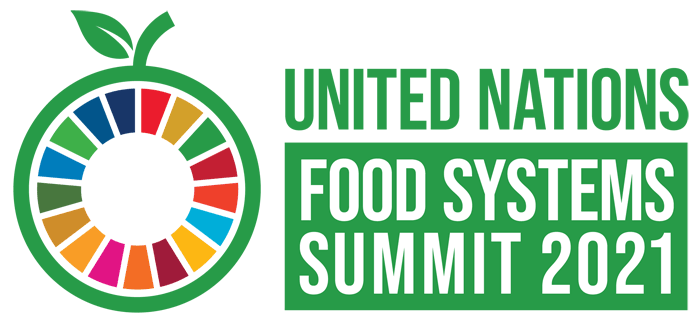The “hidden costs” of global food and land use systems are estimated to be US$19.8 trillion per year (Scientific Group of the UN Food Systems Summit, 2021): $7 trillion of environmental costs and $12 trillion of health costs (of which $11 trillion of loss of human life and $1 trillion of economic costs of illness). These costs, including high rates of diet-related chronic disease, the impacts of climate change and unfair wages are not included in prices and profits, and thus ignored by markets. Often, these costs are borne by people who did not have a say: the least advantaged segments of society (frequently smallholder farmers, youth, women, indigenous peoples, people of colour, marginalised communities) and by future generations.
At the same time, the global food system has many hidden benefits that are also not fully reflected in food prices: healthy food is a basic need with many economic and social benefits, and well-functioning food systems allow farmers and workers to earn a decent livelihood.
By creating transparency about the costs and benefits and applying appropriate incentives and disincentives across food systems, we can ensure more sustainable, healthful and fairer food systems in future and create real value for economic growth, society and businesses.
Preparation for the UNFSS has highlighted the urgency for action on these hidden costs and benefits. This action will include developing a new economic basis for decision making – one that accounts for the True Value of Food. This new basis will guide the decisions made by – consumers, businesses, financial institutions, investors and policy-makers towards more positive outcomes for people, the planet and prosperity.
This new basis includes three elements:
- True Cost Accounting (TCA) to systematically quantify and value impacts and dependencies across the full agri-food value chain to enable decision-making and policies based on true value.
- True Value business strategies to develop and implement successful business models that create true value for society.
- True pricing policies to internalize the externalities to make healthy and sustainable food more affordable and align market incentives with true value through market-based pathways, regulatory and income policies.
Integrating these elements into national food systems plans and creating a supportive policy environment for the implementation of strategies and actions to protect our people, planet and prosperity will require coordinated action by all food systems stakeholders.
The Initiative on the True Value of Food represents a community of experienced experts who stand ready to support country efforts to consider, trial, implement and evaluate true cost, value and price of food actions and policy change. With the support of a number of UNFSS Leadership Team and Champions (Peter Bakker, Lawrence Haddad, Berry Martin, Ruth Richardson, Maximo Torrero and Joachim von Braun), the Initiative invites food systems expressions of interest from:
- Countries for information, knowledge, tools, examples, capacity building and dialogue on the topic
- Actors who would like to join the three focus areas below
- Stakeholders who would like to engage in the stakeholder groups listed below.
Focus areas:
- True costing accounting – Lauren Baker & Salman Hussain
- True value business solutions – Matthew Watkins & Viktoria de Bourbon de Parme
- True pricing policy approaches – Adrian de Groot Ruiz
Stakeholder groups:
- Scientific Group & Research: Mario Herrero (environment) & Sheryl Hendriks (health/nutrition)
- Civil Society/Farmers – Andreas Kratz
- Private sector – Suzanne van Tilburg
- Development partners – Roy Steiner
Please reach out to these facilitators to advance this urgent and essential element of the pathway to achieving the SDGs through a more fair, sustainable and healthful food system. You can submit your expression of interest to connect via the Google Form at https://forms.gle/wFMquRkELxHJDzEw5.
